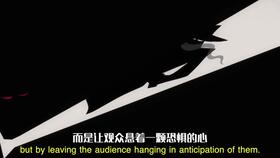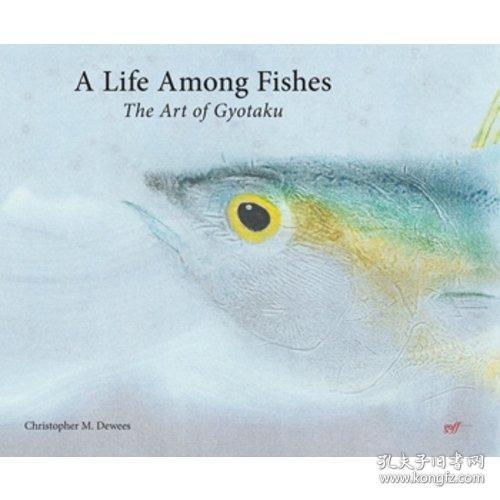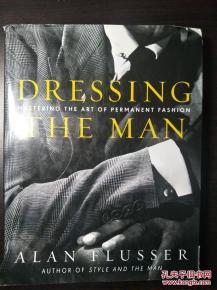Content:
Introduction: Fishing has always been a popular hobby, but in recent years, competitive fishing has gained significant attention. With the rise of fishing tournaments and competitions, mastering the art of competitive fishing has become a goal for many anglers. Whether you are a beginner or an experienced angler looking to improve your skills, this article will provide you with a comprehensive guide on how to train and enhance your competitive fishing techniques.
Understand the Basics: Before diving into the world of competitive fishing, it is crucial to have a solid understanding of the basics. Familiarize yourself with different types of fishing techniques, such as casting, baiting, and lure selection. Additionally, learn about the various fish species you are targeting and their specific habits and preferences.
Invest in Quality Equipment: Competitive fishing requires the right equipment to succeed. Invest in high-quality rods, reels, lines, and lures that are specifically designed for the type of fishing you will be doing. Ensure that your equipment is well-maintained and in good condition to maximize your chances of catching fish.
Study the Tournament Rules: Before participating in a fishing tournament, thoroughly study the rules and regulations. Each competition may have specific guidelines regarding equipment, fishing methods, and time limits. Understanding the rules will help you avoid penalties and increase your chances of success.
Develop a Strategy: A well-thought-out strategy is essential for competitive fishing. Start by analyzing the fishing location, such as the lake, river, or ocean, and identify potential hotspots. Consider the weather conditions, water temperature, and feeding patterns of the fish species. Based on this information, develop a plan that includes the best fishing techniques, baits, and lure presentations.
Practice Casting and Lure Control: Casting and lure control are fundamental skills in competitive fishing. Practice your casting technique to ensure accuracy and distance. Focus on casting to specific targets and mastering different casting styles, such as flipping, pitching, and casting with a baitcasting reel. Additionally, work on controlling your lure to create realistic movements that attract fish.
Learn to Read the Water: Being able to read the water is a crucial skill in competitive fishing. Observe the water's surface for signs of fish activity, such as boils, ripples, or splashes. Pay attention to the structure of the water body, such as weeds, rocks, and submerged objects, as they can be prime spots for fish. By understanding the water's characteristics, you can make informed decisions on where to fish.
Adapt to Changing Conditions: Competitive fishing is unpredictable, and conditions can change rapidly. Stay adaptable and be prepared to adjust your strategy accordingly. If the fish are not biting in one area, don't hesitate to move to another spot. Be flexible with your techniques and be willing to experiment with different baits and lure presentations.
Build Your Knowledge of Fish Behavior: Understanding the behavior of the fish you are targeting is crucial for success in competitive fishing. Study their feeding patterns, migration routes, and spawning habits. This knowledge will help you predict where and when the fish are most likely to be found.

Join a Fishing Club or Group: Connecting with other anglers can provide valuable insights and opportunities for improvement. Join a local fishing club or group to participate in fishing outings, share tips and techniques, and learn from experienced anglers. Engaging with a community of like-minded individuals can enhance your skills and provide motivation.
Stay Focused and Patient: Competitive fishing requires mental strength and patience. Stay focused on your goals and maintain a positive mindset. Don't get discouraged by setbacks or bad luck. Remember that practice and persistence are key to improving your skills.
Conclusion: Competitive fishing is a challenging and rewarding hobby that requires dedication and continuous improvement. By understanding the basics, investing in quality equipment, developing a strategy, and practicing essential skills, you can enhance your competitive fishing techniques. Remember to stay adaptable, learn from others, and maintain a positive mindset. With time and effort, you will become a skilled competitive angler and enjoy the thrill of the chase.












